Flowers that resemble peonies in appearance or growing habits include roses, ranunculus, carnations, camellias and dahlias. These alternatives offer similar lush, full blooms and can provide extended flowering seasons in your garden. Each has its unique care requirements and characteristics, allowing gardeners to create diverse, peony-like displays.
As a horticulturist with over two decades of experience in ornamental flower cultivation, I’m excited to share insights about beautiful alternatives to peonies. These flowers can complement or substitute peonies in your garden, offering similar aesthetic appeal with varied blooming times and care needs.
1. Garden Roses (Rosa spp.)
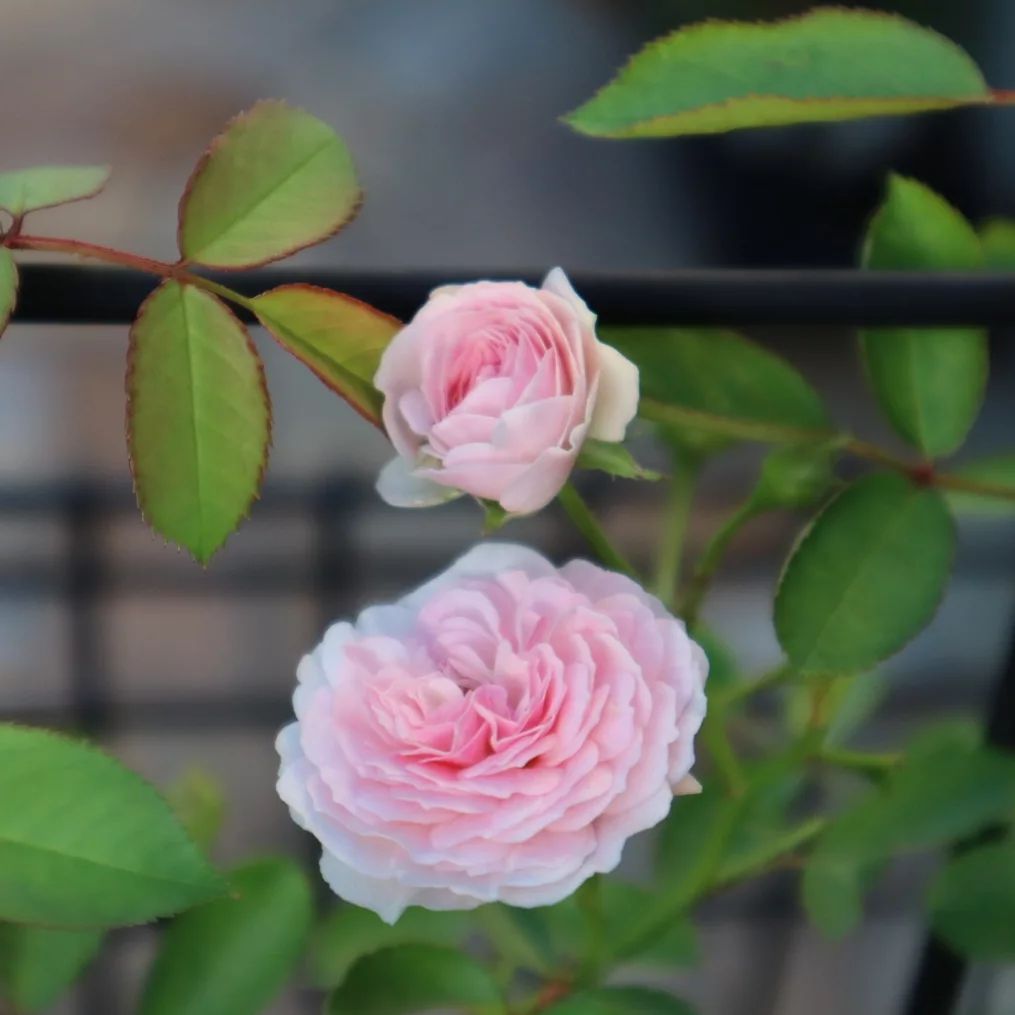
Characteristics
- Full, layered petals similar to peonies
- Wide range of colors available
- Many varieties have a strong fragrance
Care
- Full sun (6+ hours daily)
- Well-draining, rich soil
- Regular pruning and fertilizing
For more on rose care, visit the American Rose Society.
2. Ranunculus (Ranunculus asiaticus)
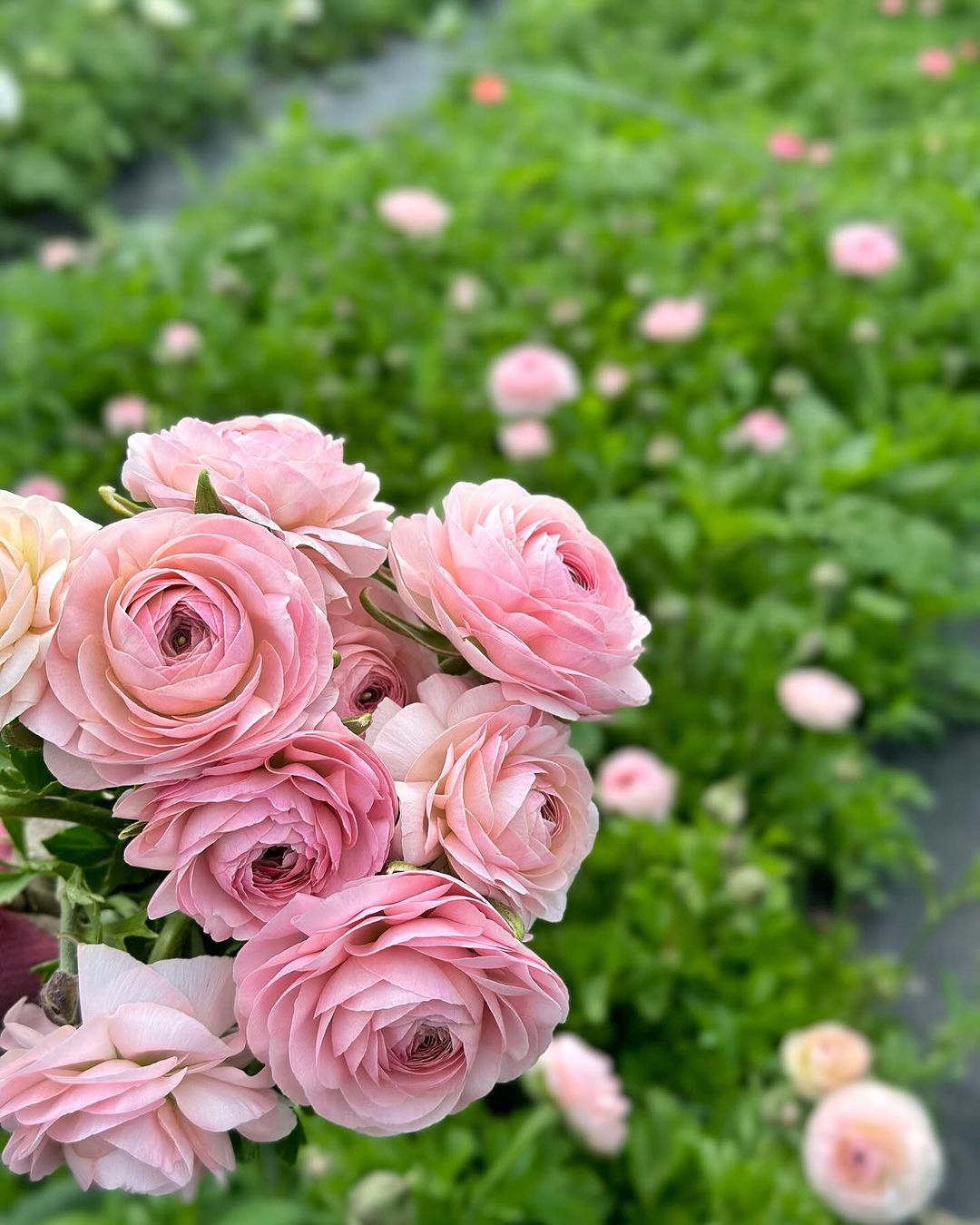
Characteristics
- Layered, rose-like blooms
- Available in various colors
- Smaller than peonies but equally lush
Care
- Full sun to partial shade
- Cool weather bloomer
- Well-draining soil
3. Carnations (Dianthus caryophyllus)
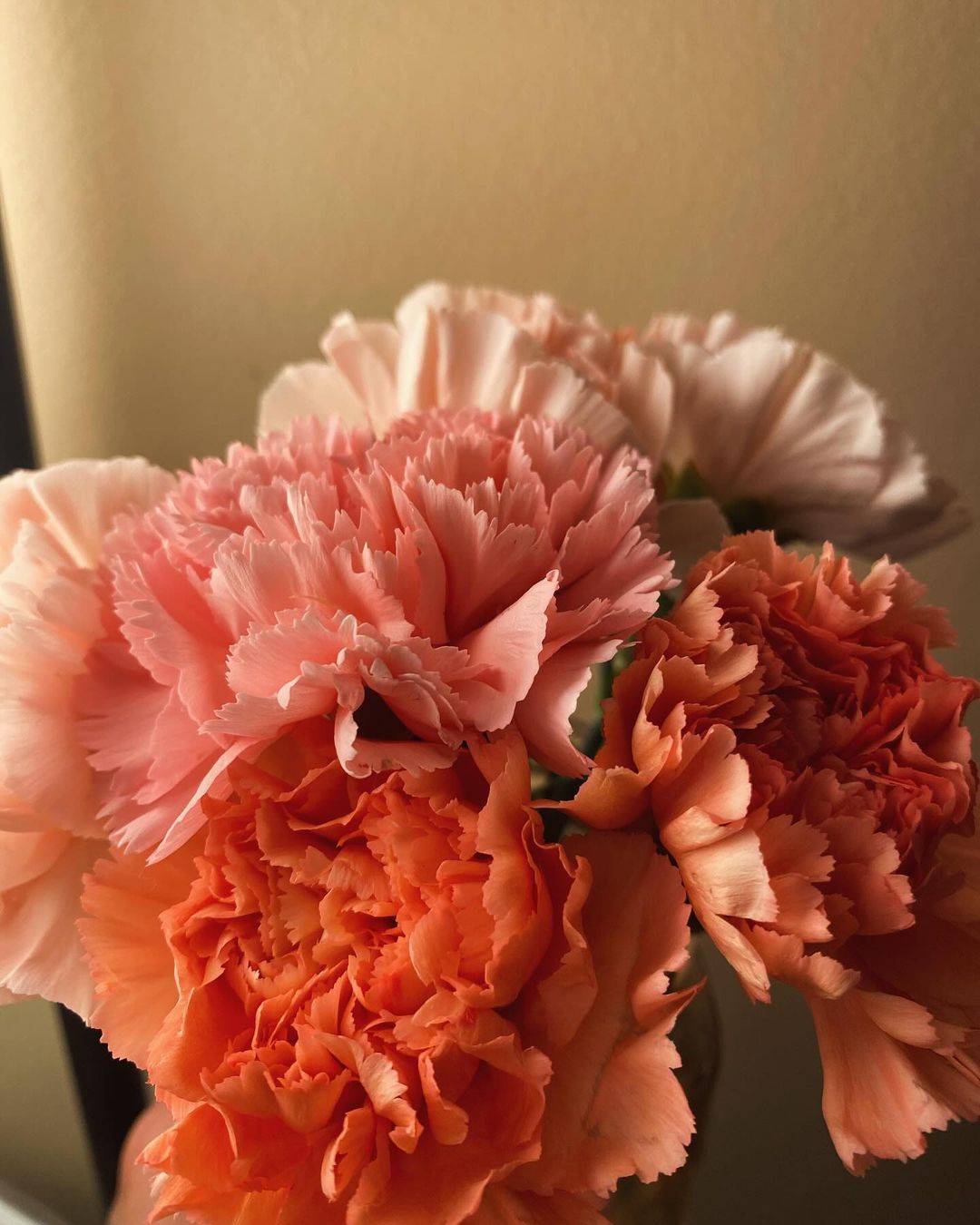
Characteristics
- Full, ruffled blooms
- Strong fragrance
- Long-lasting as cut flowers
Care
- Full sun
- Neutral to slightly alkaline soil
- Regular deadheading for continuous blooms
4. Camellias (Camellia japonica)
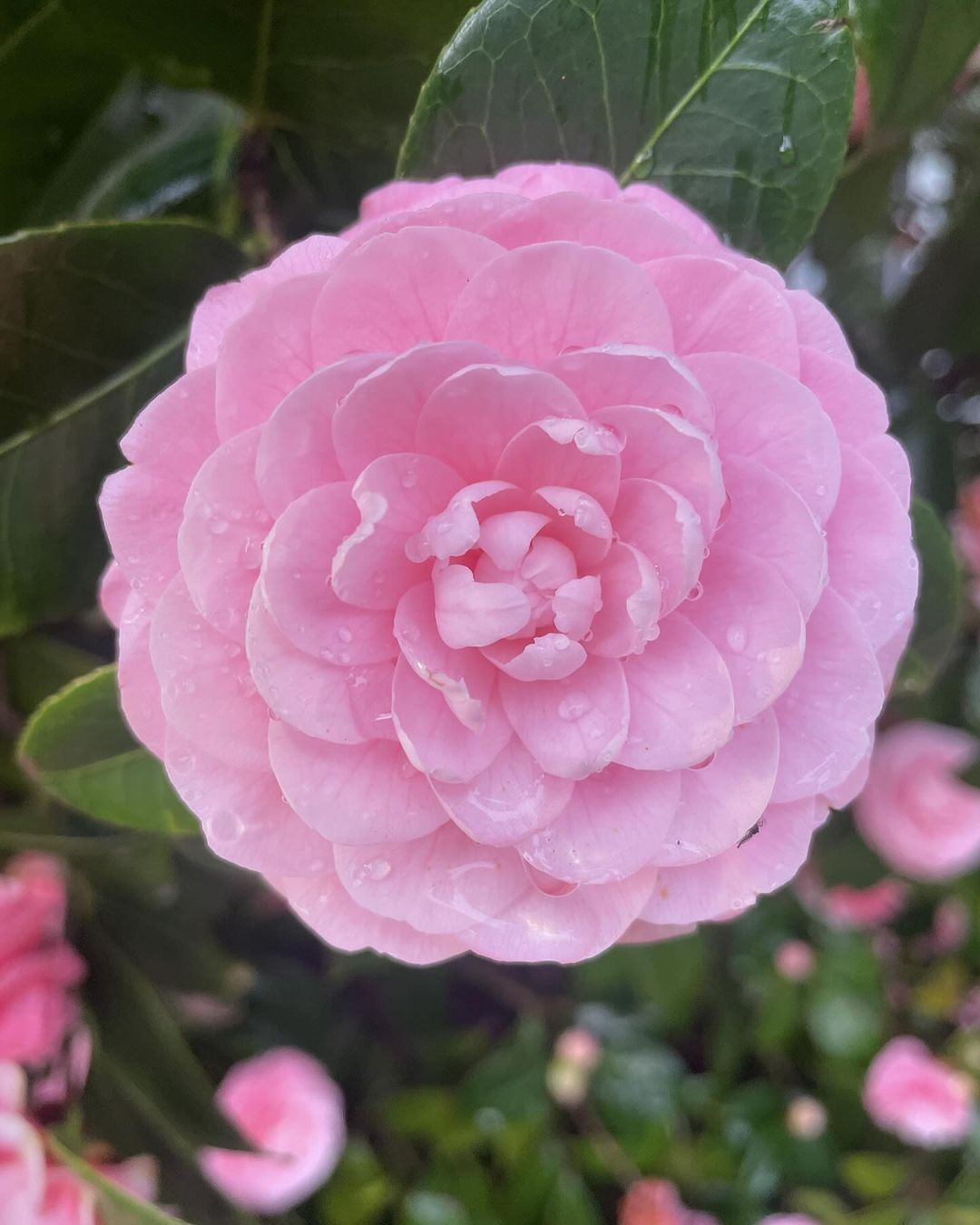
Characteristics
- Large, full blooms similar to peonies
- Evergreen foliage
- Winter to early spring bloomer
Care
- Partial shade
- Acidic, well-draining soil
- Protection from harsh winds
Learn more about camellias from the International Camellia Society.
5. Dahlias (Dahlia spp.)
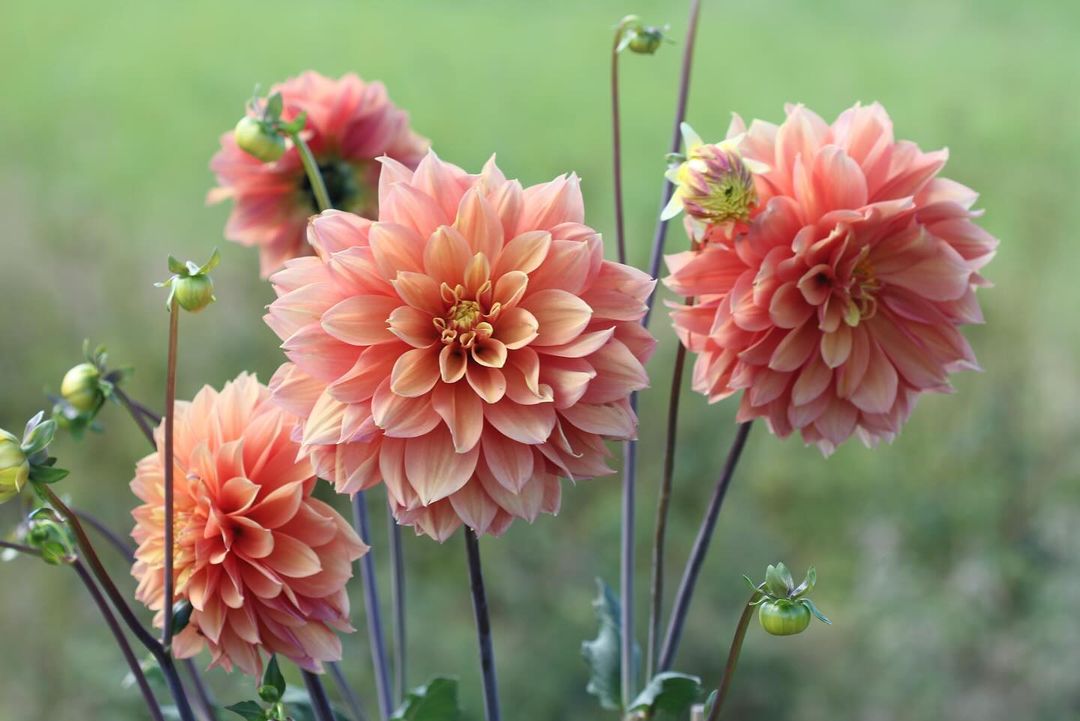
Characteristics
- Large, showy blooms in various forms
- Wide color range
- Long blooming period
Care
- Full sun
- Rich, well-draining soil
- Regular deadheading and staking for larger varieties
6. Tree Peonies (Paeonia suffruticosa)
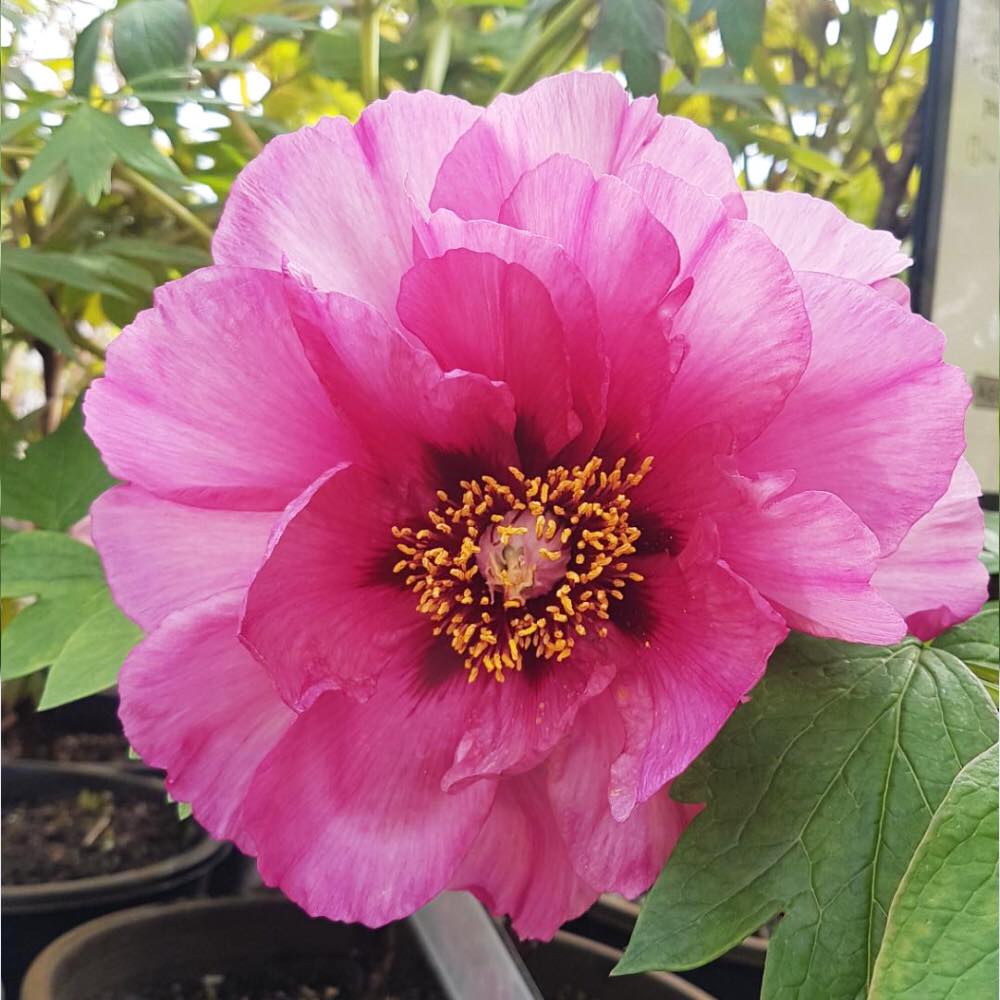
Characteristics
- Woody shrub with large, peony-like blooms
- Long-lived plants
- Earlier blooming than herbaceous peonies
Care
- Partial shade
- Well-draining, fertile soil
- Minimal pruning required
7. Japanese Anemones (Anemone hupehensis)
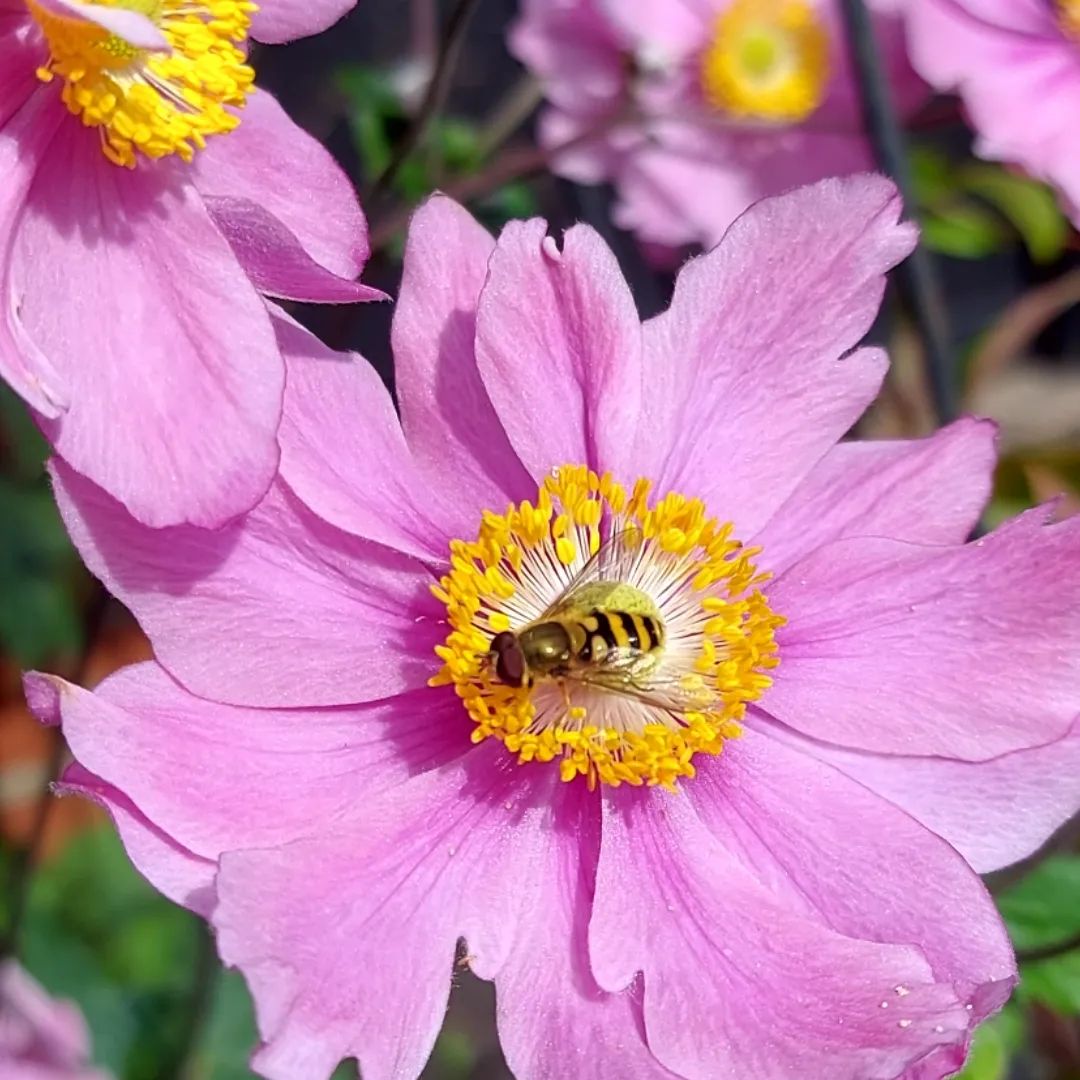
Characteristics
- Delicate, bowl-shaped flowers
- Late summer to fall bloomer
- Tall, elegant stems
Care
- Partial shade
- Moist, well-draining soil
- Can be invasive in some areas
8. Lisianthus (Eustoma grandiflorum)
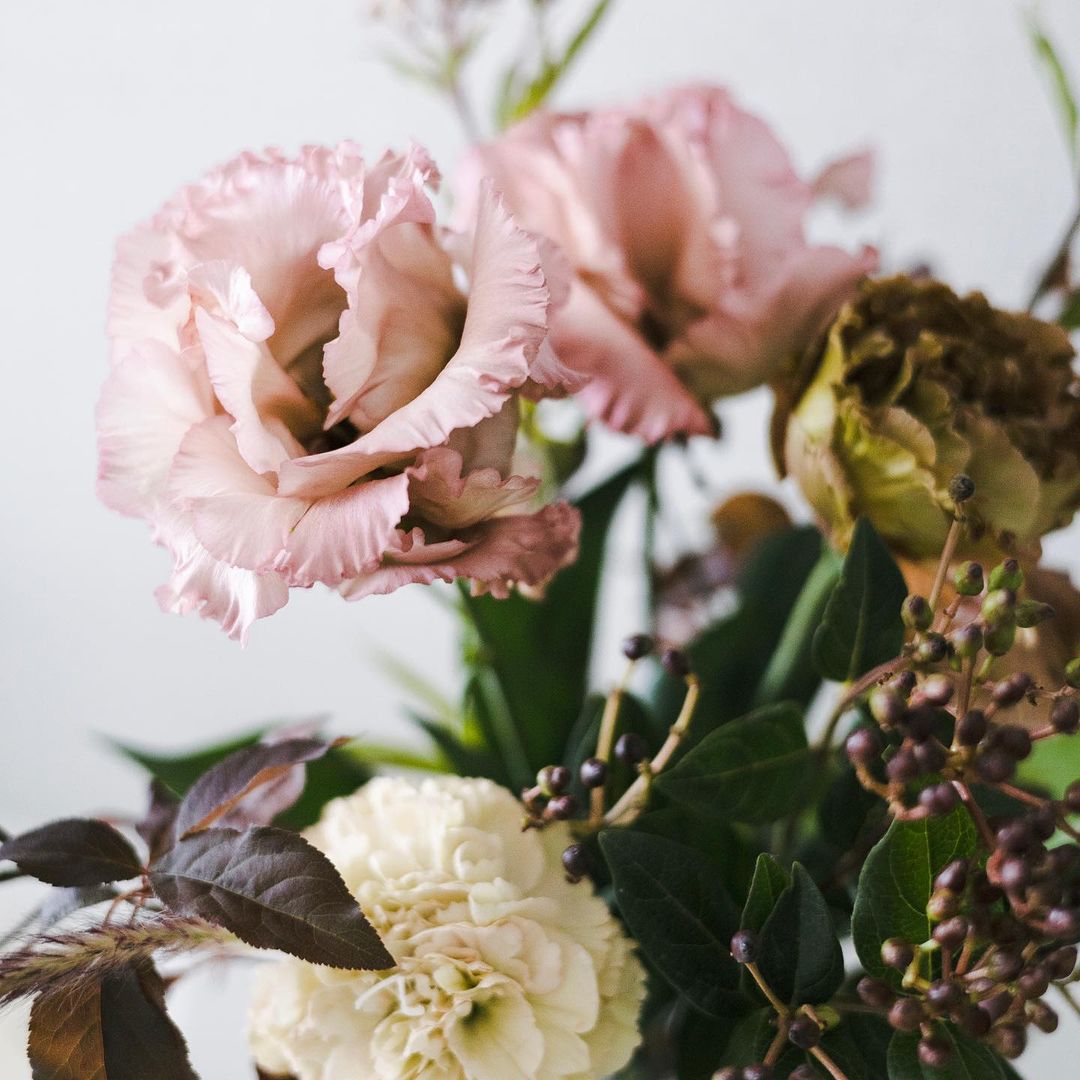
Characteristics
- Rose-like blooms on tall stems
- Excellent cut flowers
- Available in various colors
Care
- Full sun
- Well-draining soil
- Regular fertilizing during growing season
9. Double Hollyhocks (Alcea rosea)
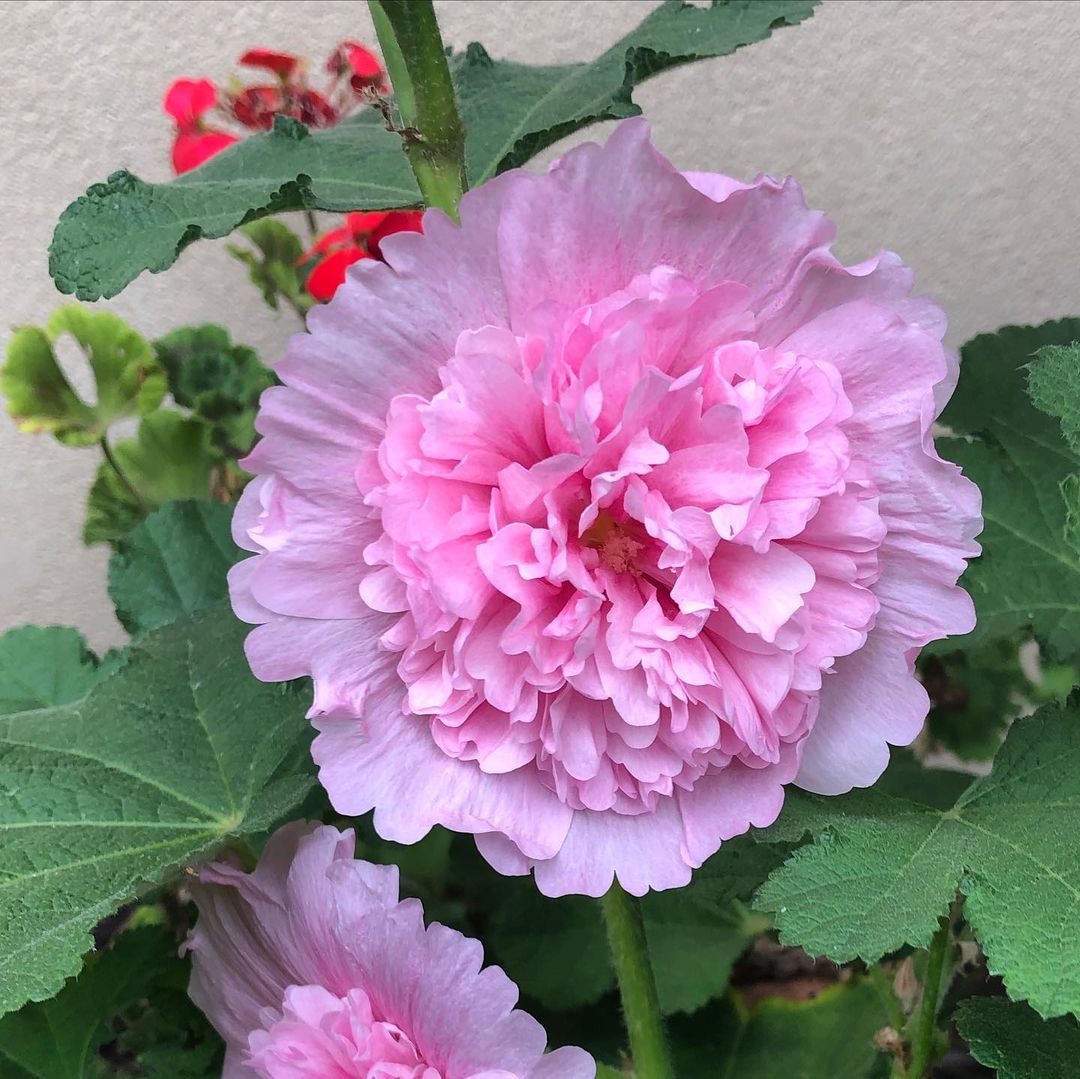
Characteristics
- Tall spikes with full, peony-like blooms
- Biennial or short-lived perennial
- Various colors available
Care
- Full sun
- Well-draining soil
- May need staking for support
10. Double Begonias (Begonia x tuberhybrida)
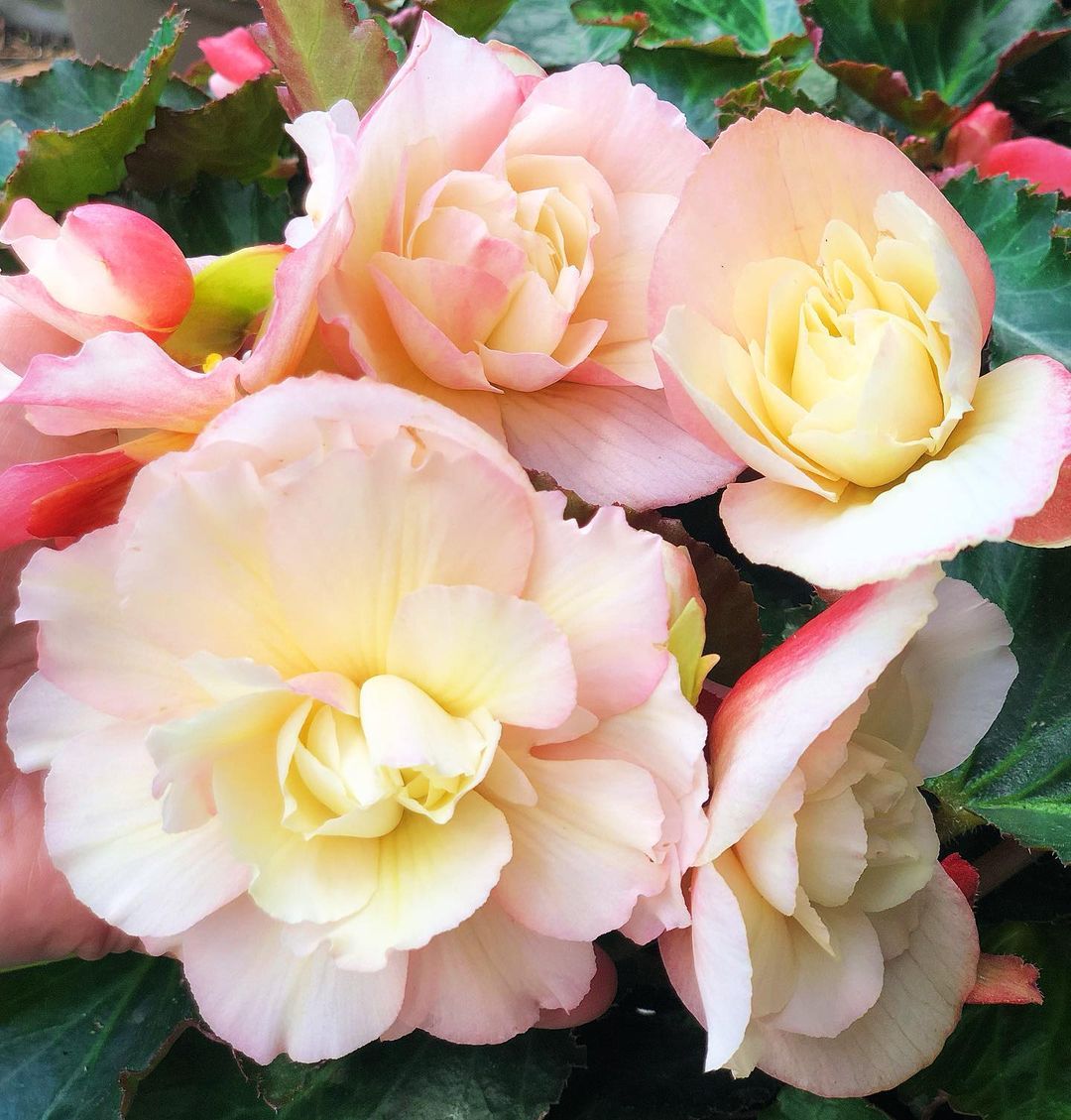
Characteristics
- Full, rose-like blooms
- Shade-loving alternative to peonies
- Long blooming period
Care
- Partial to full shade
- Rich, moist soil
- Protection from strong winds
For more on begonia care, check the American Begonia Society.
Comparing Bloom Times
To extend your garden’s peony-like display throughout the season:
- Early Spring: Camellias
- **Mid-Spring: **Tree Peonies
- Late Spring: Peonies, Ranunculus
- Early Summer: Roses, Peonies
- Mid-Summer: Dahlias, Lisianthus
- **Late Summer: **Dahlias, Japanese Anemones
- Fall: Dahlias, Japanese Anemones
Care Considerations
Soil Preparation
Most peony-like flowers prefer rich, well-draining soil. Amend your soil with compost or well-rotted manure before planting.
Watering
While needs vary, most of these flowers benefit from consistent moisture without waterlogging. Use mulch to retain soil moisture.
Fertilizing
Apply a balanced, slow-release fertilizer in spring for most varieties. Avoid over-fertilizing, which can lead to lush foliage but fewer blooms.
Winter Care
Some, like dahlias in colder regions, may need to be dug up and stored over winter. Others, like peonies and roses, benefit from winter mulching.
While peonies hold a special place in many gardens, these alternatives offer similar beauty with diverse growing needs and blooming periods. By incorporating a selection of these peony-like flowers, you can create a garden with continuous, lush blooms from spring through fall. Remember to consider your specific climate and garden conditions when choosing plants, and don’t be afraid to experiment with different combinations to find what works best in your unique garden space.
For more information on perennial flower gardening, visit the Perennial Plant Association.
For more gardening tips and plant care guides, visit usagardenhub.com.

